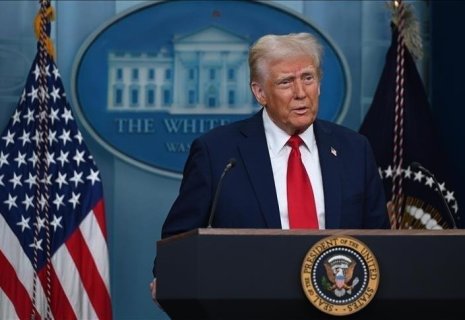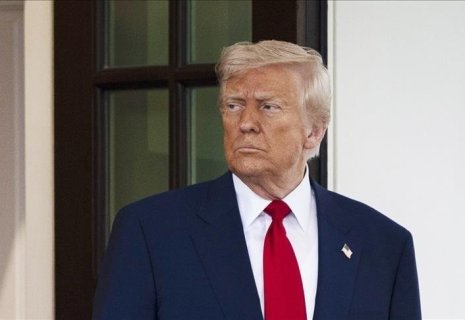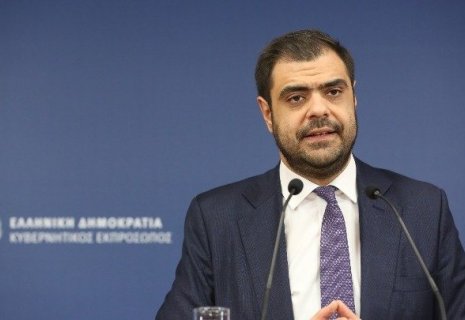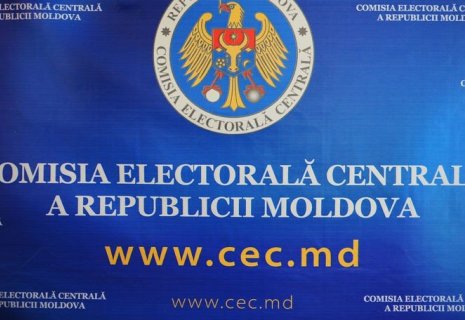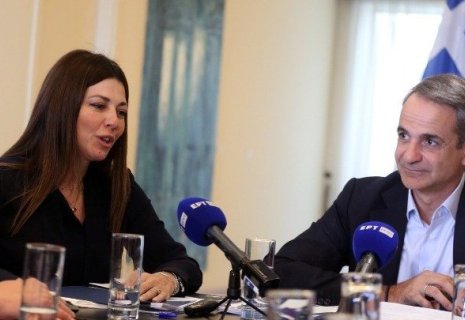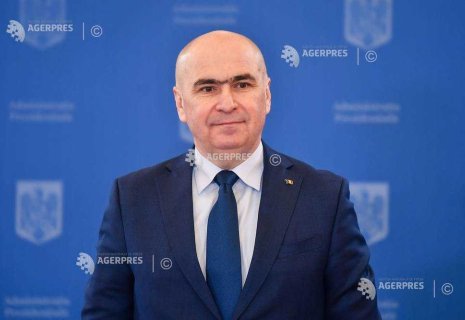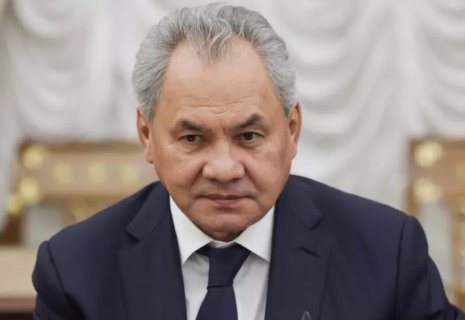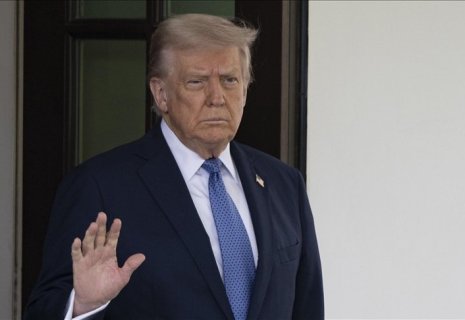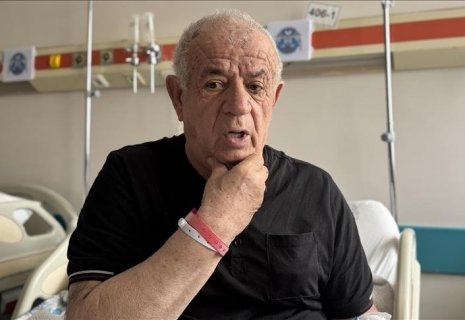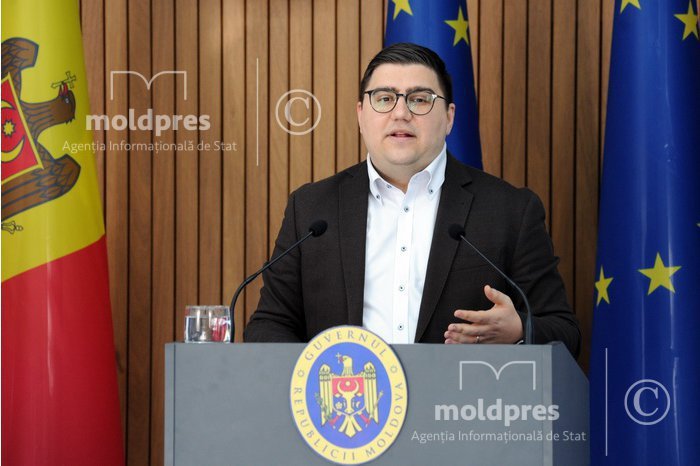
Moldova Faces Energy Crisis as Russian Gas Supplies Halted to Transnistria
Moldovan government spokesman Daniel Voda announced that Gazprom’s refusal to supply natural gas to the Transnistrian region has caused a severe energy crisis. The government has publicly warned about the deteriorating situation, which Voda described as part of a broader Russian strategy to manipulate and sow fear across the region, CE Report quotes MOLDPRES
“The energy crisis is not just an economic issue; it’s a tool of Russian propaganda aimed at creating discontent on both sides of the Dniester,” said Voda. He emphasized that Chisinau has consistently offered solutions, including humanitarian aid and energy alternatives, while ensuring stability and free movement across the country.
Disinformation and Manipulation
According to Voda, a wave of disinformation followed the gas supply cuts, falsely blaming Chisinau for the crisis. He pointed out that the separatist regime in Transnistria has repeatedly rejected alternative energy solutions proposed by Moldova, exacerbating the problem.
Historical Context of Russian Energy Blackmail
Voda highlighted Russia’s history of using gas as a political weapon:
- 1992: Gas supply cuts pressured Moldova during the Transnistria conflict.
- 2004-2005: Gazprom reduced supplies to influence Moldova’s policies.
- 2008-2009: Sudden cuts left Moldova vulnerable during winter.
- 2014: Gas was used to punish neighbors supporting Ukraine after Crimea's annexation.
- 2021-2022: Supply reductions destabilized Europe amid the Ukraine invasion.
Current Energy Challenges
As of January 1, 2025, the Transnistrian region faces rolling electricity outages due to insufficient power generation and increased reliance on electric heating. With temperatures dropping to -8°C, the region is short by 65 MW—30% of its needs.
Despite these challenges, Chisinau has implemented measures to mitigate the crisis:
- Proposing gas purchases via regional markets.
- Offering to process gas into electricity at local facilities.
- Testing alternative import routes through Romania and Bulgaria.
Solutions and Support
Moldova has diversified energy sources, with over 50% of electricity now imported from Romania. Gas stocks for the winter have been secured, and renewable energy projects are expanding. International support from the EU, US, and Romania has bolstered energy modernization and humanitarian aid efforts, including generators and medical supplies for the Transnistrian region.
Fighting Propaganda and Promoting Unity
Voda called on citizens to remain calm and informed, urging them to combat disinformation by spreading truthful information and engaging in energy-saving practices. "Every act of responsible consumption and unity strengthens our resilience. Together, we can overcome this crisis," he said.

